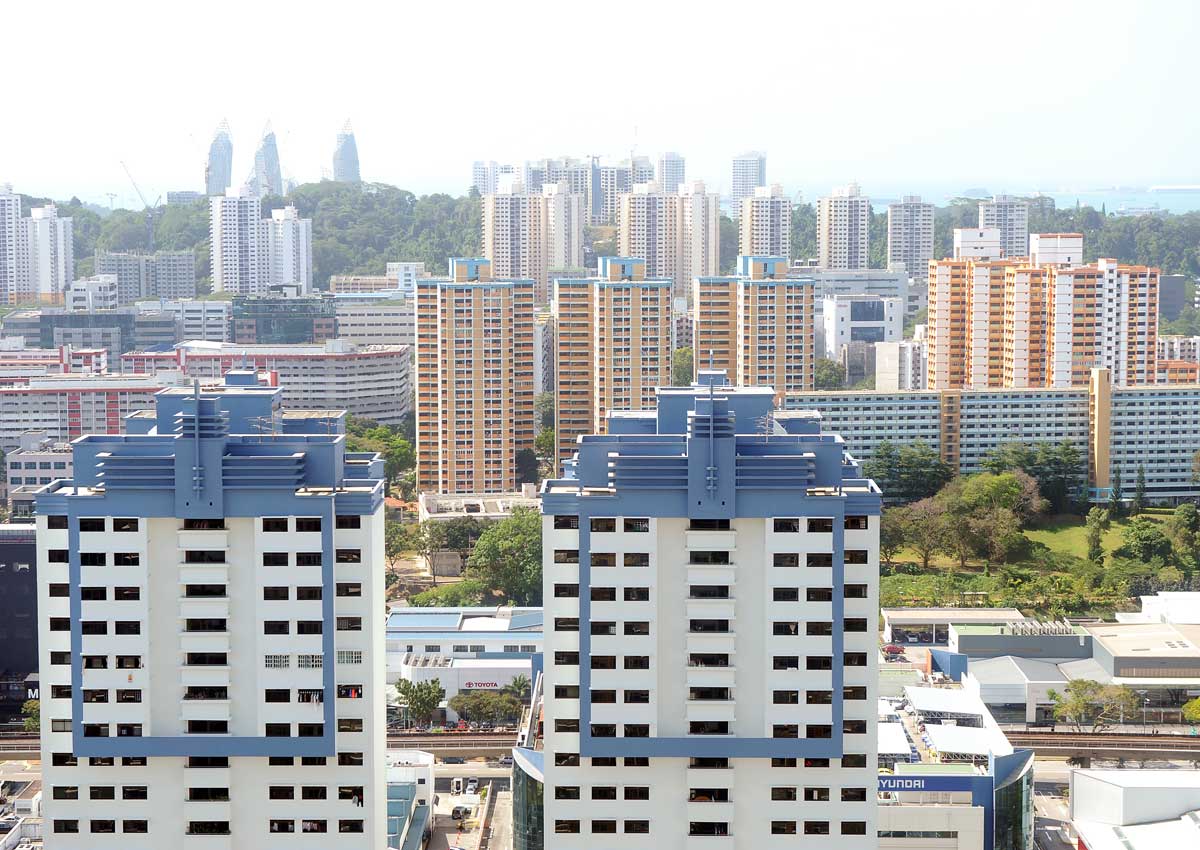A number of fixed-rate mortgage plans have been pulled from the shelves lately as banks grapple with the uncertainty over the pace of interest rate hikes.
Market watchers noted some banks are trying to ensure their margins are not squeezed by cheaply priced fixed packages.
Ms Grace Cheng, co-founder of personal finance website Get.com, told The Straits Times: “For example, Maybank removed its two-year 1.60 per cent fixed-rate package in mid-November.
“Bank of China removed its two-year fixed-rate packages from 1.40 per cent earlier this week, and DBS removed its five-year 1.99 per cent fixed-rate package earlier this week.”
Bank of China and Maybank did not respond to queries in time while a DBS Bank spokesman said the five-year offer was ended because it was only a temporary “promotion”.
DBS has a three-year 1.88 per cent fixed-rate loan, while OCBC Bank is offering a two-year 2.48 per cent loan for Housing Board properties.
United Overseas Bank (UOB) has one of the best fixed-rate offers in town – a two-year 1.8 per cent loan – but apparently not for long. This deal has a last submission date by Jan 1, said MoneySmart.sg chief executive Vinod Nair.
Such plan withdrawals are normal reactions to market forces, Mr Nair said.
“Analysts in these banks are likely forecasting the interest rate uptrend to continue and hence have increased rates to protect their margins,” he added.
Unlike floating- or variable-rate packages, fixed-rate loans are locked, and they provide borrowers with certainty.
Low interest rates had allowed banks some competitive pricing, but this may prove hard to swallow in times to come.
How fast interest rates will rise next year has become something of a concern since earlier this month when the US Federal Reserve forecast up to three hikes in 2017.
The Singapore interbank offered rates (Sibor) have been gaining in tandem, with the three-month Sibor sitting at around 0.966 per cent this week – the highest since late June.
The three-month Sibor – one of the key benchmarks banks use to price home loans – could hit 1.35 per cent in the second quarter next year and 1.6 per cent in the fourth quarter, according to Nomura’s forecasts.
Ms Cheng said: “We expect to see further home loan interest rate changes in the upcoming weeks as the Chinese New Year period draws near, which is typically a time when banks update their rates.”
Against this backdrop, those looking to buy new homes or refinance mortgages with good fixed-rate offers may have to act fast.
Consultant Pamela Ng, 35, who is looking to sell her home to buy a new one, is unsure whether she is missing the window for a good deal.
“I have a lower risk profile and prefer fixed rates for its certainty. My concern now is whether I will still be able to lock down a fixed-rate home loan next year, when we have sorted out our plans for the new apartment.”
A UOB spokesman said mortgage rates are reviewed according to market conditions and urged home buyers to set aside sufficient funds to manage potential rising rates.
whwong@sph.com.sg

This article was first published on Dec 29, 2016.
Get The New Paper for more stories.







